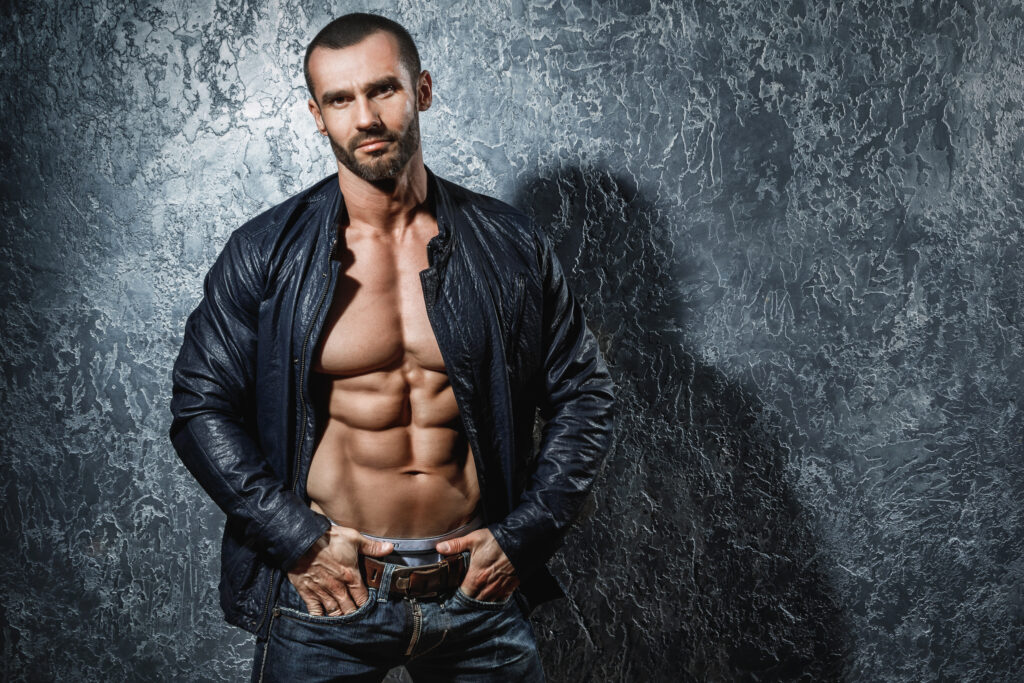It’s completely okay not to have six-pack abs. Achieving a six-pack is often seen as a hallmark of fitness dedication, but it’s important to remember that our bodies are all unique, and not everyone will naturally have visible abdominal muscles, regardless of their fitness level.
While having a six-pack can be indicative of a low body fat percentage, it’s not the sole measure of a person’s health or fitness. There are plenty of individuals who are incredibly fit and healthy yet don’t sport the coveted six-pack. Genetics play a significant role in the way our bodies store fat and how our muscles are displayed. Some people can train rigorously and maintain a healthy diet but may still find it challenging to reveal those abs due to their genetic makeup.
Moreover, the journey to a six-pack often requires an extremely strict diet and exercise regimen, which may not be sustainable or even desirable for many people. Fitness is about more than just aesthetics; it’s about overall health, functionality, and well-being. There are numerous benefits to regular exercise and maintaining a balanced diet that don’t necessarily result in a chiseled midsection: improved cardiovascular health, increased muscle strength, better flexibility, enhanced mental health, and many others.
It’s essential to focus on what makes you feel good and what’s sustainable for your lifestyle. Instead of aiming for a specific look, aim for how you want to feel—energetic, strong, and confident in your body. Your self-worth shouldn’t be tied to the appearance of your abdomen. Health and fitness are deeply personal and multifaceted, and the presence or absence of six-pack abs is just a small aspect of the bigger picture.
Remember, everyone’s fitness journey is individual. It’s always a good idea to set goals that resonate with your personal health aspirations rather than societal expectations or trends.

